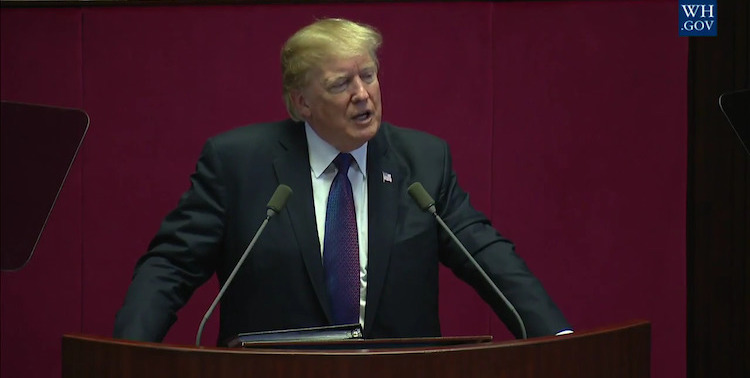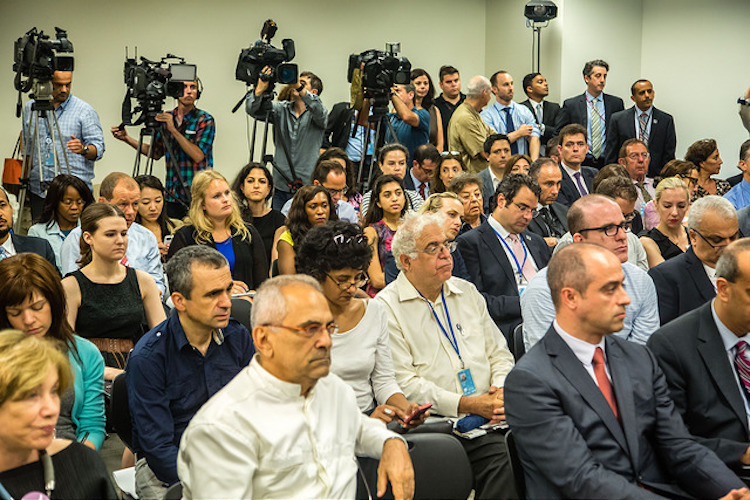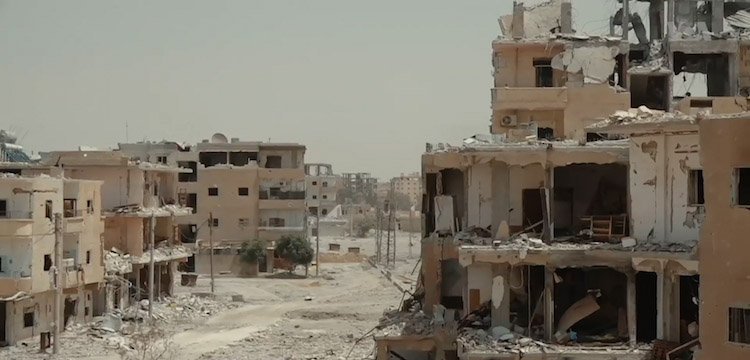Viewpoint by Pier Francesco Zarcone*
ROME (IDN) – The occurrence of events and related “media bombardment” very often distract attention from the most profound – or wider – meaning of what has happened and is happening … and the necessary help in understanding does not always come from professional commentators. This is particularly true of the Middle East, theatre of a centuries-old conflict between Sunni Islam and Shiite Islam.
Generally speaking, a defeat of significant proportions of the first of these two Islams, with the consequent opening up of significant areas for the Shiites, is overlooked. The Sunni countries have lost all three wars against Israel, and Saddam Hussein’s Iraq (more or less secular, but Sunni) has in turn lost as many – the war with Iran and the two against the United States. In addition to that regime, domination of the Sunni minority over the rest of the Iraqi people has disappeared.










